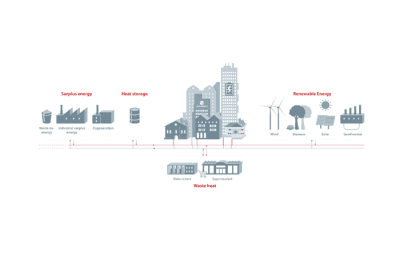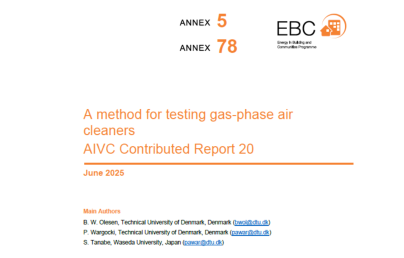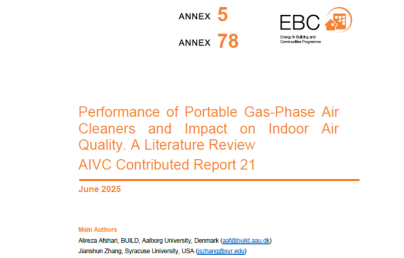
Building a sustainable Europe: Why housing sector must lead the green transition

Building a sustainable Europe: Why housing sector must lead the green transition
The review highlights how local governments must adapt to new renovation policies, integrating heating system upgrades and climate resilience measures to protect vulnerable communities.
With buildings responsible for 40% of the EU's energy consumption and 36% of its emissions, their decarbonisation is more urgent than ever. Renovation policies, affordable housing, and investment in local skills development will be key drivers of the European Green Deal.
The Institut Jacques Delors report underscores the critical role of building renovation in Europe’s energy transition. With 75% of European buildings suffering from poor energy performance, urgent action is needed to improve efficiency and reduce emissions. However, the challenge goes beyond environmental concerns—energy poverty affects between 8% and 16% of Europeans, making affordability a key issue.
Beyond policies, skills development is also essential. As renovation projects expand, local authorities must train workers in sustainable construction techniques to ensure long-term success. Schools, hospitals, and social housing projects are at the forefront of this transformation, demonstrating that decarbonisation is not just about reducing emissions but about creating healthier and more equitable living spaces.
While the European Commission is prioritising housing in its 2024–2029 agenda and revising the Energy Performance of Buildings Directive (EPBD) alongside the Energy Efficiency Directive (EED), the publication calls for stronger commitments to ensure that the Green Deal benefits all citizens, not just those who can afford high-end sustainable housing.
The future of Europe’s cities depends on balancing environmental goals with social justice, making building decarbonisation a cornerstone of the continent’s sustainable future.
Institut Jacques Delors.pdf
English (2.25 MB - PDF)
